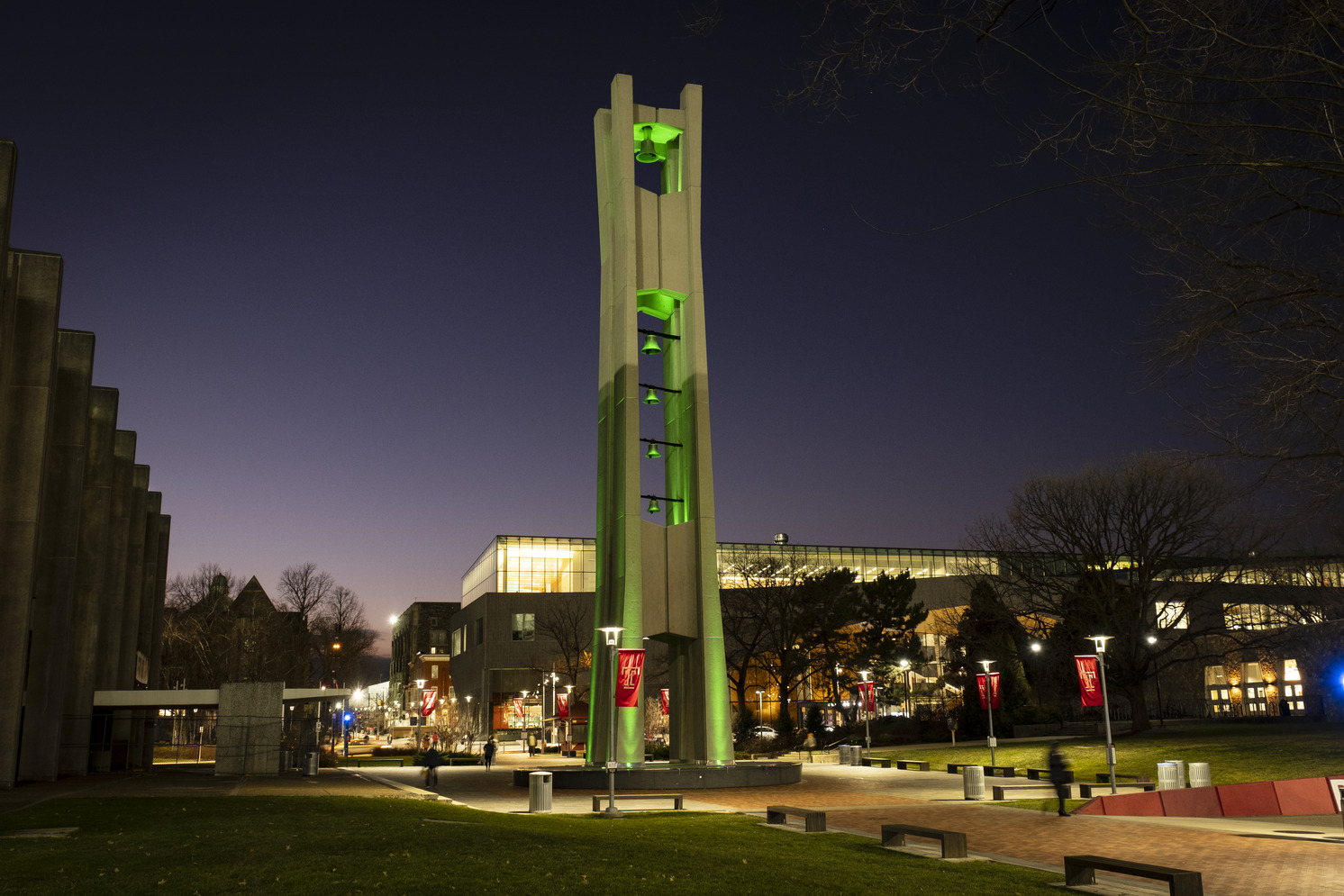When it comes to sports, the last few months have been pretty good to the city of Philadelphia.
First, there was the Philadelphia Philles’ improbable run to the World Series, and now, the Philadelphia Eagles are headed to the Super Bowl with a chance to capture their second world championship in just five years’ time.
Excitement has reached a fever pitch level, and it’s easy to see why. All of that excitement has to be good for the economy, right? Well, not exactly.
“It’s a great ride, and we all should enjoy the ride. But don’t think Philadelphia is going to get rich from this. I don’t want to burst everyone’s bubble, but the economic impact of this all is next to nothing,” said Michael Leeds, a professor of economics at Temple University. “There have been two football playoff games and virtually all of the people attending those games have been local. Most of them drive in on I-95 or the Schuylkill Expressway so very little money is actually spent in Philadelphia.”
“And then with the Super Bowl, people will be leaving town for this mega event, so in terms of the football impact, it’s minimal and barely detectable. With baseball, there was a bit more of an economic lift, but certainly not a huge amount,” Leeds continued.
Leeds’ expertise is in the area of sports economics, labor economics and applied microeconomics. His research has appeared in such journals as The Journal of Urban Economics, Economic Inquiry, Social Science Quarterly and The Journal of Sports Economics. He is also coauthor of The Economics of Sports and coeditor of the Handbook on the Economics of Women in Sports.
 Temple Now recently caught up with Leeds to discuss just how Philly’s recent professional sports success has impacted the local economy.
Temple Now recently caught up with Leeds to discuss just how Philly’s recent professional sports success has impacted the local economy.
Temple Now: The Eagles are now headed to the Super Bowl, just a few months after the Phillies appeared in the World Series. Does one sporting event have a great economic impact over the other?
Leeds: With the Super Bowl, people will actually be leaving town for this mega event, so in terms of the football impact, it’s minimal and barely detectable. With baseball, there was a bit more of an economic lift, but certainly not a huge amount. These just are not events that really move the needle on the Philadelphia economy to any appreciable extent.
TN: For a lot of readers, that might be surprising because I think our intuition is to believe these events do greatly benefit the economy. Why do you think that is?
Leeds: Quite frankly, sports teams and sports leagues want us to think this. They want us to believe that this is going to be a financial boom for the city because then we will be willing to pay for it.
Sports takes up a great deal more of our emotions and our psyche than more financially meaningful areas of our lives. And that’s fine, and I have no problem with that. I like that. But you don’t see five to 10 minutes every night on the nightly news devoted to the healthcare industry in Philadelphia. But healthcare, industry by any measure, dwarfs sports in its importance to the Philadelphia economy. But we want to hear about football and we want to hear about basketball and about hockey. We don’t want to hear about the impact of Children’s Hospital on the economy or anything like that. That’s just not what we’re interested in.
TN: It is presumed that Philadelphia’s sports success is going to lead to more people patronizing the hospitality sector by visiting sports bars and restaurants. Team merchandise is also likely to be purchased. How does that impact the economy?
Leeds: That is something that will have an impact as long as it is spending that would not have taken place anywhere else. So if you were already planning on going to dinner or to a movie or to a concert but then went to a sports bar instead, you’re simply taking money from one pocket and putting it into the other.
But yes, if you splurged and bought an Eagles sweatshirt or an NFC champions T-shirt or something like that, that is at least money that stays in the city. Now, not all of it stays in the city because they may have gotten the shirt somewhere else, but that’s where you really see the economic impact. That said, the Philadelphia economy was not built on the sale of championship T-shirts.
TN: From an economic impact standpoint, how should we look at Philly’s recent sports success?
Leeds: I always liken this type of thing to a child’s birthday. You know that we want to celebrate this, and we want to be happy about this. This is kind of our gift to ourselves. And we should take this for what it is, which is a chance to be happy and a chance to enjoy something special during the cold months of the year. This is still very good for us. It’s just not going to lead to an appreciable economic boost or certainly not a long-lasting boost.

